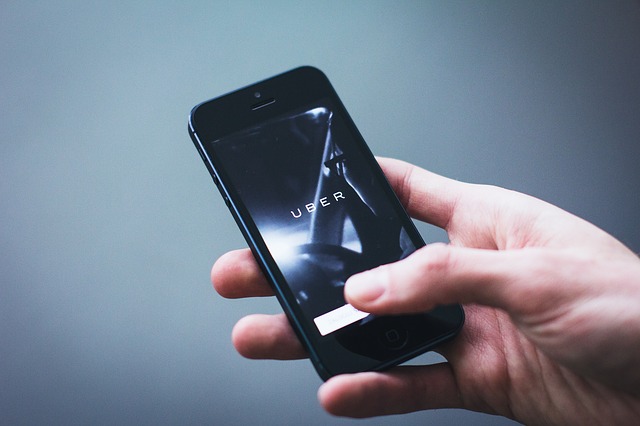Both Lyft Inc. and Uber Technologies Inc., two of the world’s largest businesses in the ever-expanding sharing economy, recently established captive insurers in an effort to mitigate costs of insurance protection from third-party carriers.
 Ride-sharing firms Lyft and Uber have both established captive insurance companies in Hawaii, effectively enabling the pair to self-insure in response to rapidly growing exposures that are simply too costly to insure in the private market.
Ride-sharing firms Lyft and Uber have both established captive insurance companies in Hawaii, effectively enabling the pair to self-insure in response to rapidly growing exposures that are simply too costly to insure in the private market.
Typically, insurance companies utilise large pools of historical data and market performance to price risks. A lack of historical data surrounding business models such as Uber’s and Lyft’s makes it hard for insurers to effectively and accurately price policies, leaving the firms highly exposed.
In response, and according to public records, Lyft has established Pacific Valley Insurance Co., and Uber appears to have launched its own captive, called Aleka Insurance Inc.
In a U.S. Securities and Exchange Commission filing, Lyft notes that it has set aside $863.7 million through the subsidiary, which it describes as a “restricted reinsurance trust investment”.
The capitalisation of Lyft’s wholly owned captive insurance subsidiary underlines the vast exposures that sit on the balance sheet of this type of business model, so it’s no surprise that, reports also note that room-sharing giant Airbnb also has a captive insurer.
A captive can be both cost-efficient and also tax-efficient at the same time for companies like Airbnb, Uber, and Lyft, enabling the firms to effectively and efficiently insure their own risks, while benefiting from the underwriting profits.


